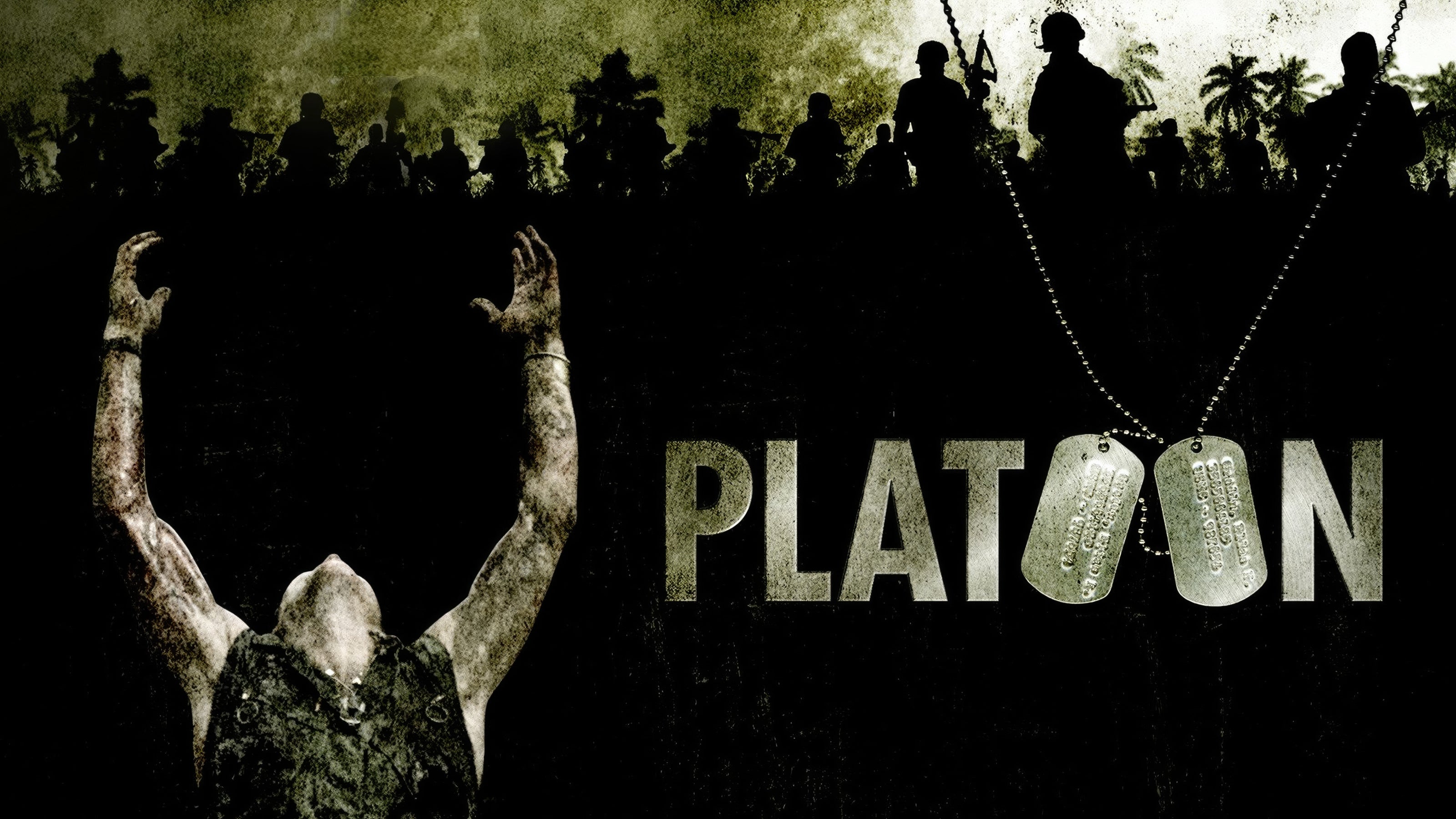
Chasing the Light: Writing, Directing, and Surviving Platoon, Midnight Express, Scarface, Salvador, and the Movie Game - Oliver Stone (Book Notes)
In Chasing the Light, Oliver Stone, one of America’s most celebrated and controversial filmmakers, chronicles the first 40 years of his life, offering an insider’s view of the Hollywood film industry and his rise to prominence. Known for directing iconic films like Platoon, Salvador, Scarface, and Midnight Express, Stone recounts his journey through family struggles, his tumultuous personal life, and his unyielding ambition to succeed as a writer and director.
Stone begins his story with his childhood in New York City, shaped by his parents’ bitter divorce and a feeling of isolation that would drive his creative pursuits. He describes his experiences as a soldier in Vietnam, an experience that profoundly impacted his worldview and later served as inspiration for Platoon, his 1986 war film that earned critical acclaim and several Academy Awards. Stone’s time in Vietnam isn’t just a career footnote; it’s an intense personal crucible that shapes his understanding of conflict, suffering, and survival.
After returning to the United States, Stone struggled to find his place in Hollywood, often clashing with studio executives and facing rejection. His journey to success was far from straightforward, as he juggled multiple jobs, faced financial insecurity, and dealt with issues like addiction. However, he found success as a screenwriter with Midnight Express (1978), which won him an Academy Award and led to more opportunities. Stone’s depiction of Hollywood during this era highlights both the excitement and the exploitative nature of the industry.
In Chasing the Light, Stone takes readers behind the scenes of some of his most famous projects, revealing the creative process, challenges, and personal sacrifices involved. He describes working on Salvador and Scarface and the resistance he faced due to his unorthodox style and choice of controversial subject matter. His accounts of filming Platoon and Salvador are particularly revealing, capturing the chaos and grit that went into bringing these projects to life.
Throughout the memoir, Stone reflects on his creative vision, his unrelenting pursuit of truth in storytelling, and his views on politics, war, and morality. The book concludes on the cusp of his major success with Platoon, which cemented his place in Hollywood and signaled the beginning of a prolific filmmaking career.
Book Notes:
- Stone’s voice is candid and unapologetic, pulling no punches in his depictions of Hollywood power players, his own personal demons, and his life’s adversities. This adds a level of honesty to the memoir that makes it compelling.
- behind-the-scenes insights into films like Platoon and Salvador provide readers with a detailed look at the challenges of independent filmmaking, from securing funding to facing censorship and studio pushback. It’s a fascinating perspective for readers interested in the mechanics of film production.
- Stone’s personal reflections on his service in Vietnam are intense and insightful, giving readers a deeper understanding of the toll the experience took on him and how it influenced his career and worldview.
SUMMARY: Chasing the Light is a gripping memoir that illuminates the early life and career of one of Hollywood’s most controversial and visionary filmmakers. Oliver Stone’s journey from Vietnam veteran to struggling screenwriter and ultimately to award-winning director is both inspiring and thought-provoking. His reflections on filmmaking, personal adversity, and the often brutal realities of Hollywood add depth to the memoir, making it a must-read for cinephiles and anyone interested in the artistic process. Though the memoir ends with the release of Platoon, the insights into Stone’s life and his creative philosophy make Chasing the Light a powerful exploration of art, ambition, and resilience.
Get the Book: Digital Book (Apple Books) | Audiobook (Apple Books)

































